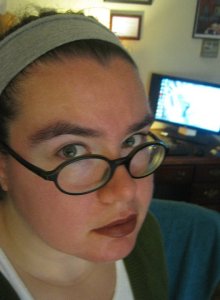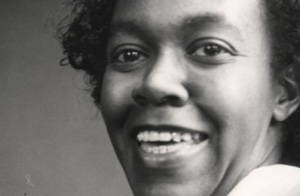The evening the verdict in the Zimmerman trial was announced, I thought that somehow I could not pay attention to it. That’s white privilege, in case you needed an illustration. I can turn off my computer and go down the street or to sleep and not think about it, because for me, a white skinned Jewish girl, if I don’t think too hard about it, it can actually seem like it doesn’t matter. The spoiler is, of course, that I couldn’t not think about it. I couldn’t think about anything else, and for the first time in a long time, I felt the gross creeping of white guilt, something I try not to entertain because it’s so unproductive, so paralyzing, so indulgent. But there it was. The thing about privilege is that you cannot give it away. Not really. You can pretend you don’t have it, people do that all the time. You can step aside and make a space for someone else, but you always have your privilege, regardless of whether or not you want it. There’s nothing like it in the whole world.
Writing is the thing I count on when I can’t figure out how to maneuver through the world. I usually sort through sexism, racism and other disturbing daily social phenomenon with essays, but these days my job is actually to write fiction, seeing as I’m in an MFA program. I’ve never felt like it was harder to justify making art. For days, it felt like the most privileged, smug thing I could possibly do. I’d written a blog post shortly before the verdict came in, about my process of writing fiction (anxiety, caffeine, procrastination, frantic typing, delirious joy, exhaustion, anxiety…), and when I looked at it later, I knew I could not possibly post it. It was irrelevant. It was nothing. It was maybe even cruel.
I’ve been thinking about endings lately-the ones that are neat and tidy and satisfying, the ones that have been earned, as well as those that are vague and sloppy and ultimately realistic. Trayvon Martin did not deserve any kind of ending at the age of seventeen. There is no age at which he could deserve the ending that he got, and yet, while so many of us are shocked and bruised by the verdict, we also know that this is the reality of living in a racist country.
Being a progressive activist means understanding that people are complicated, that we all have multiple identities that we engage with to varying degrees. It’s not like it isn’t possible to be many things at once-writers know that, maybe better than anyone else. Sherwood Anderson wrote, “The whole glory of writing lies in the fact that it forces us out of ourselves and into the lives of others.” There are entire books to be written about how to responsibly write about people who are not us without exoticizing, or stereotyping, but for the sake of this piece, I’ll just say that writing, particularly fiction, is-or should be-an exercise in empathy and ethics. For that reason, and thousands of others, it’s important. It can keep us alive.
Chanel Dubofsky’s work has been published in RH Reality Check, Cosmopolitan, The Frisky, The Billfold, Lilith and The Forward, among others. She is working on her MFA in Fiction at the Vermont College of Fine Arts and lives in Brooklyn, New York.



